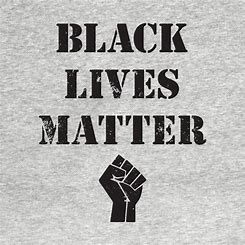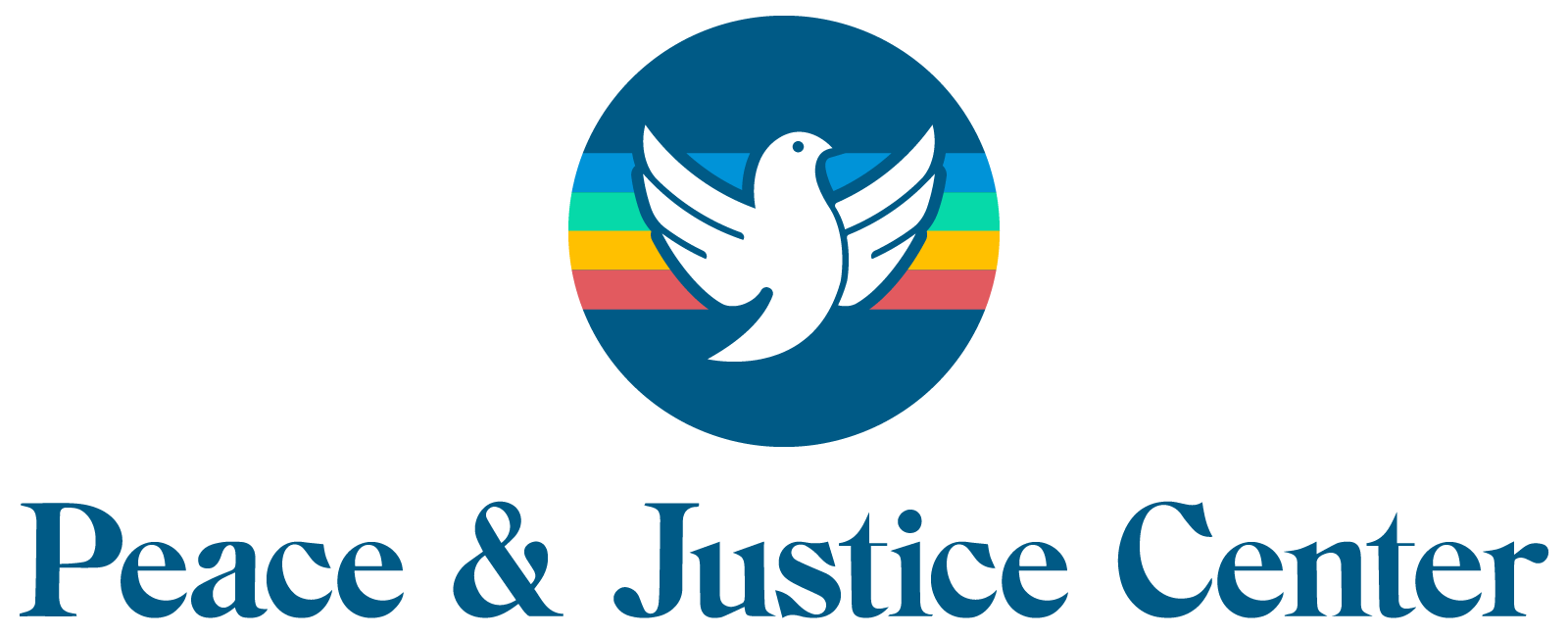-by Rachel Siegel, Executive Director
[Edit: Since writing this post, a petition for the Mayor to resign has been created.]
Mayor M iro Weinberger admitted a mistake, but he did not adequately apologize. When one makes a mistake, if they want to repair damage done, they must move beyond talking about themselves and what they did wrong. They must say more than “oops.” Admitting wrongdoing is the first step, however a true apology must also recognize the impact it had on the person or people who were harmed.
iro Weinberger admitted a mistake, but he did not adequately apologize. When one makes a mistake, if they want to repair damage done, they must move beyond talking about themselves and what they did wrong. They must say more than “oops.” Admitting wrongdoing is the first step, however a true apology must also recognize the impact it had on the person or people who were harmed.
What he said may have satisfied some people, but many of us are further infuriated by it and others are further harmed. It is, in fact, a version of gaslighting. By not naming the harm and potential pain he caused Ms. Green and others, it leaves it unacknowledged, as if it did not exist. In fact, the whole letter is a gaslight — this was a calculated move that had been weighed and measured for weeks which means calling it a mistake in the first place belies the careful intention he previously put into his plan to undermine Ms. Green and subtly support the police department who he has been consistently and vocally standing behind for months. He made a strategic gamble, and this apology is no more than a savvy political poker player knowing when to fold his hand.
Some will say I am holding Weinberger to a high standard. This is not just an individual making a mistake, this is an individual with political power making a mistake. We must hold him to the higher standard. We owe that to our democratic process.
And in this case, I do not even think this is a high standard. If this were a well-meaning mistake made by someone who has not been exposed to dialogues about racism, equity, and bias, then maybe we could tolerate this attempt at an apology. But we know that this is spin control, not an apology; and we know that this decision was made well ahead of time, and Weinberger had numerous confidants giving him good advice that this was a poor decision. In this case, the analysis does not validate a patient, generous response to someone new to conversations about race and power.
Regarding his lack of reflection on the harm done, if you read Weinberger’s statement, you see plenty of examples of him centering himself. Here is one: “I belied the deep respect and appreciation that I have for her.” This is not the same as, “I can see that my action to remove you from leading this process, despite being hired into your position to be a voice for marginalized Burlingtonians, is insulting, demeaning, and makes visible my bias toward protecting BPD and the existing power structure. I know this must have hurt you and I am sorry.”
Here’s another example: “My focusing with this decision on achieving ‘neutrality’ in the way that the process was managed was wrong and reflected the wrong priorities.” This could have been “My focus on neutrality hurt many people, especially Ms. Green.”
And one more: The “decision was wrong and reveals my own bias.” This is different from “The decision was wrong, and it likely hurt people, especially Ms. Green, as it prolonged centuries of harm and 1000s of racist acts you have survived personally.”
In addition to not actually apologizing, Weinberger never acknowledged the role racism had in the situation. He owned his “bias.” Bias is a personal preference – I have a bias against small dogs. He meant to say “racism.” Racism is different from bias because it is made up of not only a personal belief or action, but history, patterns, culture, institutions, power, and systems.
He could have said: “This mistake exposes my unconscious racist beliefs that People of Color, specifically Black women, are less capable than white men of doing their job. I have internalized these ideas and they hurt people of color in real, material ways. I pledge to unlearning these ideas for the rest of my life. Because of the harm I did, not only to Ms Green, but to the Black community and People of Color generally, I intend to personally make financial restitutions to businesses owned by Black women- and gender nonconforming people. This may not heal the wound I have perpetuated but it is the least I can do.”
This would have been closer to enough, but I am surely still missing a lot due to my own internalized white supremacy and blind spots. (I am open to feedback and will personally compensate people for their emotional labor and pain that I am part of perpetuating.)
Here is a fitting quote from Ijeoma Oluo: If your anti-racism work prioritizes the ‘growth’ and ‘enlightenment’ of white America over the safety, dignity and humanity of people of color – it’s not anti-racism work. It’s white supremacy.”
